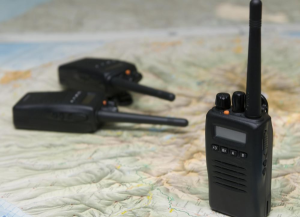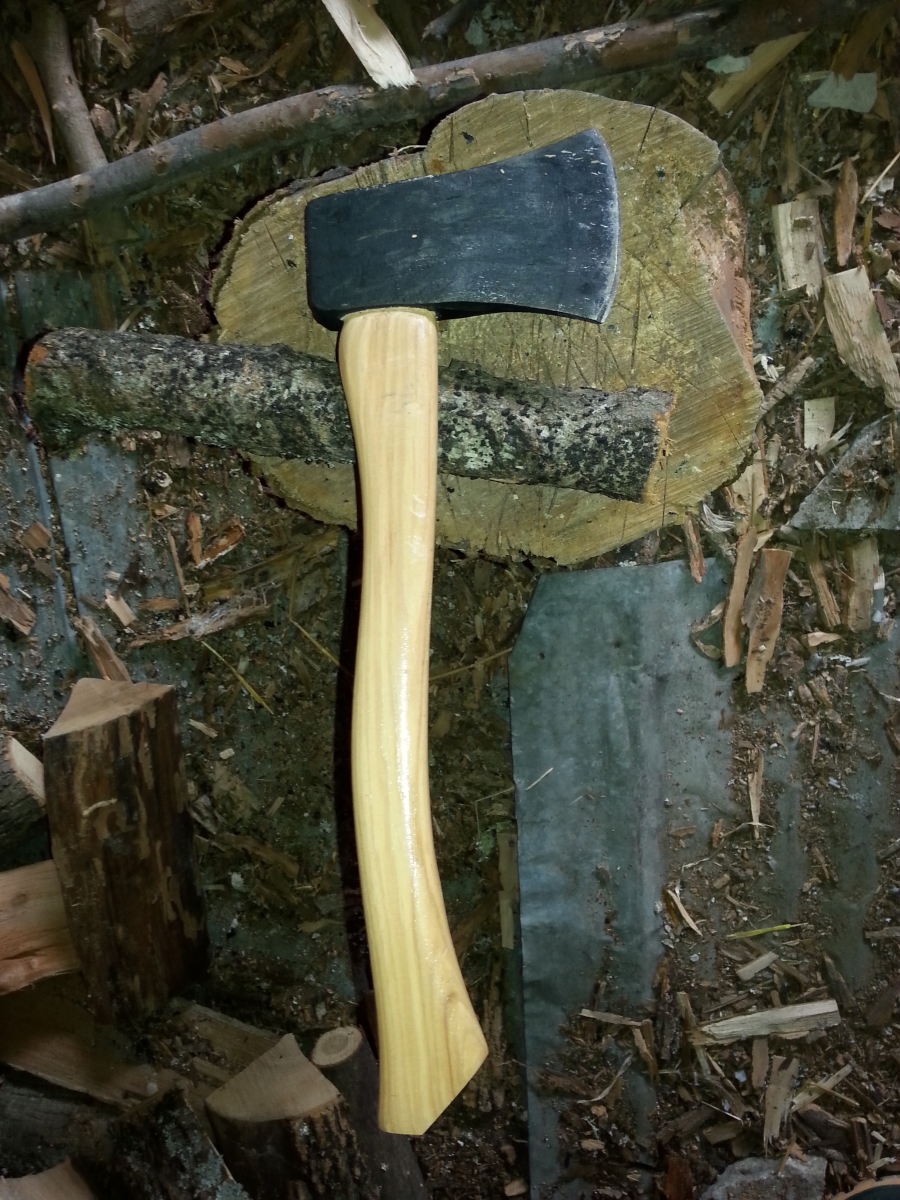Communication is all too easy in this day and age. Telephones, cell phones, email all allow people to instantly communicate with one another almost anywhere in the world. What would happen if you were lost some where either in a strange city or in the woods? How would you call for help?
Establishing communication is part of the Outdoor Survival Basics and is essential to getting help, whether it be directions to the hotel, from a tow truck, or park rangers to get you off a mountain in one piece.
Lost In The City
Communication no matter what the message, must be clear and quick. If you are lost in a strange city and need to call for directions, try to have as much information ready about your situation as possible. You may only need a small part of it, but better to be a little over prepared with information than spend lots of money on long distance charges or waste some one’s time. Establish a location and try to have a description of where you are using landmarks or street names. Have the name and address of your intended destination ready and in hand.
If you are in a city where the first language is different than your own, have a dictionary of phrases ready and a pencil and notepad to write down instructions as they are given to you. Practise some basic phrases that explain you are lost and need help in the language of the country you are in. Also practise how to ask for a hospital, restaurant, hotel, tow truck or mechanic. You never know when these basic phrases could come in handy.
Try to remain as close to your vehicle and public spaces as possible. A cell phone or smart phone are the best way to call or email for help without leaving your car. Many of these devices also have access to GPS software which can also help you out. Always keep on you the phone number and contact information for AAA, CAA, a taxi, and a tow truck company as well as local police for any area you will be travelling in. Always keep the phone number or contact information such as an email address on you for your destination. Hopefully, if you are lost they can help you out.
Highway Emergency
If you are stuck on a highway most of the same rules apply. Try to know where you are so you can give accurate directions during a call for help.
Keep the phone number for a tow truck company, taxi, and local police on you or somewhere accessible in the car should you need to call for help. Practise how to use your vehicle’s On-Star system and make sure you have the phone number for AAA or CAA accessible as well.
When you are in communication with a rescuer make sure you know your vehicle’s make and model as well as license plate or boat name and what kind of help you need. Know what you need to say to them in advance so you don’t get sidetracked or forget to ask for something. If necessary, make notes in your notebook so you don’t forget.
The best tools to get in communication are a fully charged cell phone or smart phone. If you are travelling in an area without cell phone signal, a satellite phone is a good yet expensive alternative to carry with you. CB or two-way walkie-talkies are helpful to carry as well in rural areas that may not have cellular phone coverage.
Lost in the Woods
If you are lost in the woods things change significantly. Cell phones may not get signal and there may not be anyone in range of walkie-talkies or CB radios to receive your call for help. Satellite phones will function anywhere in the world, but the higher cost of air time fees may make them less affordable for most people.
If you are travelling on large bodies of water a marine band radio is a big benefit when looking for help. It allows you to be in instant contact with the coast guard who monitor certain emergency channels or other vessels who may be in the area. Try not to waste batteries with continuous calling. If you don’t get a response, wait a few minutes then try again.
As with being lost in other places, try to know what you are going to say before you are in actual communication with other people. Valuable time could be lost if you are trying to come up with words or don’t speak the language of the region and you may only have a brief moment to pass information along.
Try to give a location to rescuers as close as possible to where you actually are. If you are unsure of your location try to make notes of visible landmarks in the area that may help rescuers identify where you are. Knowing how to Establish Your Location When Lost is an essential part of the Outdoor Survival Basics when travelling in the great outdoors.
If you are unable to make contact with anyone. Try leaving visual signals or symbols around your shelter site. Arrows scratched in the dirt of the trail indicating your direction of travel or shelter site could be helpful to rescuers who may be out looking for you. Tie orange or pink trail tape along your path so other people may be able to find you. Snap branches and twigs to make it obvious someone has just walked the trail. If necessary, walk out large words like “HELP” in the snow or dirt in open areas to attract the attention of airplanes. Just be cautious not to lead other hikers off the path with your signals getting them lost too.
Carry a whistle with you to help catch the attention of people in the area. Blowing the SOS pattern of three short whistle blows, three long, three short (…—…)to indicate you need help. The horn on an ATV or other vehicle would also work well. If you are on a boat use signal flares to attract attention and lead people to your location.
Finally, if none of these forms of communication work try lighting signal fires. The signal fires should be placed in a triangle next to your shelter site, not surrounding it. In dry places where the forest fire risk is high, you and your shelter site could be burned or trapped if the wind shifts and you are surrounded by the fires and smoke from them. Try to make as much smoke from the fires as possible. The smoke rises and will be visible attracting attention from a long distance away. Green brush or ever-green branches work well to create smoke. Be patient, as long as the signals are in place someone will see them and eventually check out the source and find you.
Stay Calm, You Might Be Lost
Getting lost whether in a strange city or in the woods can be a scary experience. Stay calm and keep a positive outlook. Many people today can’t even go a few minutes without emailing or phoning someone. While for others the thought of being lost in the woods without the ability to communicate with the outside world might be downright enjoyable. When contact is made, stay friendly and be prepared to wait a bit longer. Once someone does make contact with you it could still be some time before they can get help. By being prepared to establish communication before you set out on your journey, you can increase your chances of survival, get home in one piece, and to your destination on time.
Copyright 2019 Mike Wilson






